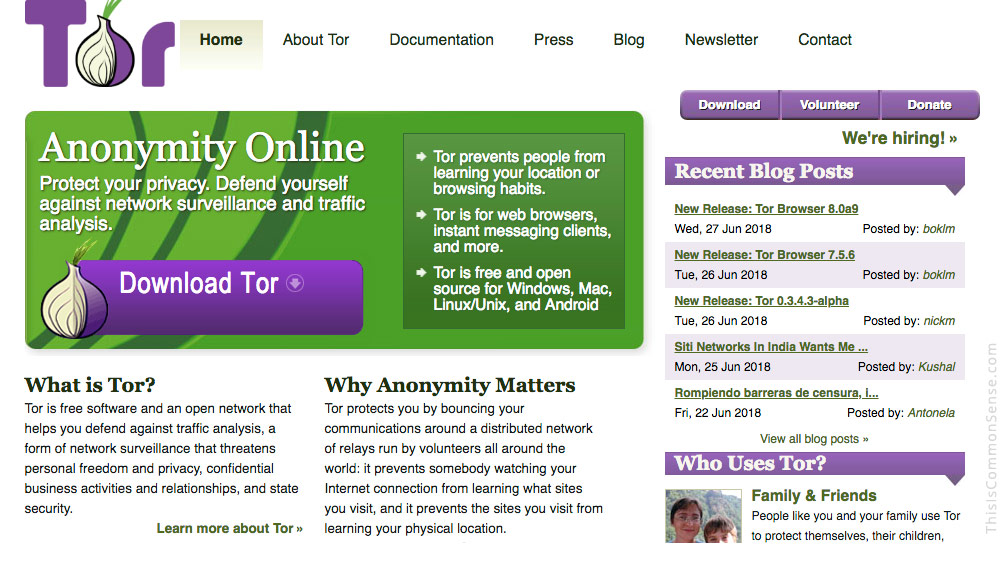The Centers for Disease Control has been criticized so often over the past couple of years — justly, only about 90 percent of the time — that one almost hesitates to add to the pile.
But hey. If the CDC stops saying and doing awful things, we can stop slamming it for saying and doing them.
The latest is the agency’s apparent use of Big Data to surveil cellphone users in ways the users never suspected or authorized.
Vice reports that the CDC paid for location data “harvested from tens of millions of phones” in the U.S. to track patterns of compliance with curfews, visits to churches and schools, and “monitor the effectiveness of policy in the Navajo Nation.”
CDC documents obtained by Vice suggest that although the pandemic was the rationale for getting the data, the CDC has planned to use it for other purposes too.
U.S. Senator Ron Johnson, a Republican, is calling for an investigation. “Just because data exists, doesn’t mean that the government should be using it to track Americans.”
He adds that “the government is becoming way too big, and way too powerful.”
Sounds like a new development. But, depending on how you’re measuring it, the metastasizing of the federal government goes back to the Civil War era — or at least the New Deal. So may I suggest a revision, Senator, starting with verb tense?
“Has become.”
Has become way too big and powerful.
And is getting even more so.
This is Common Sense. I’m Paul Jacob.
—
See all recent commentary
(simplified and organized)







